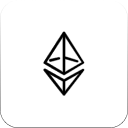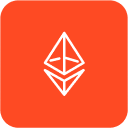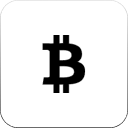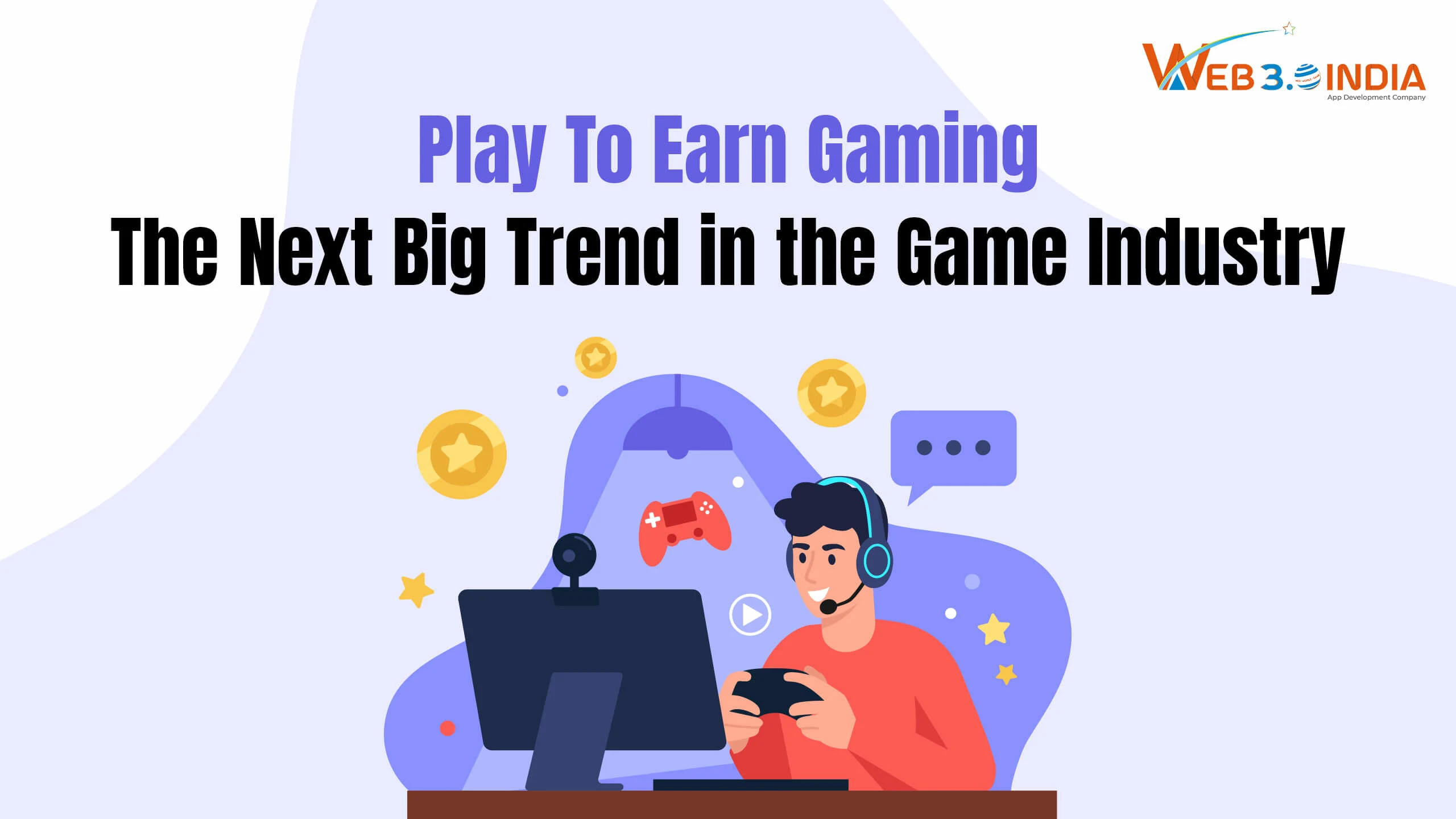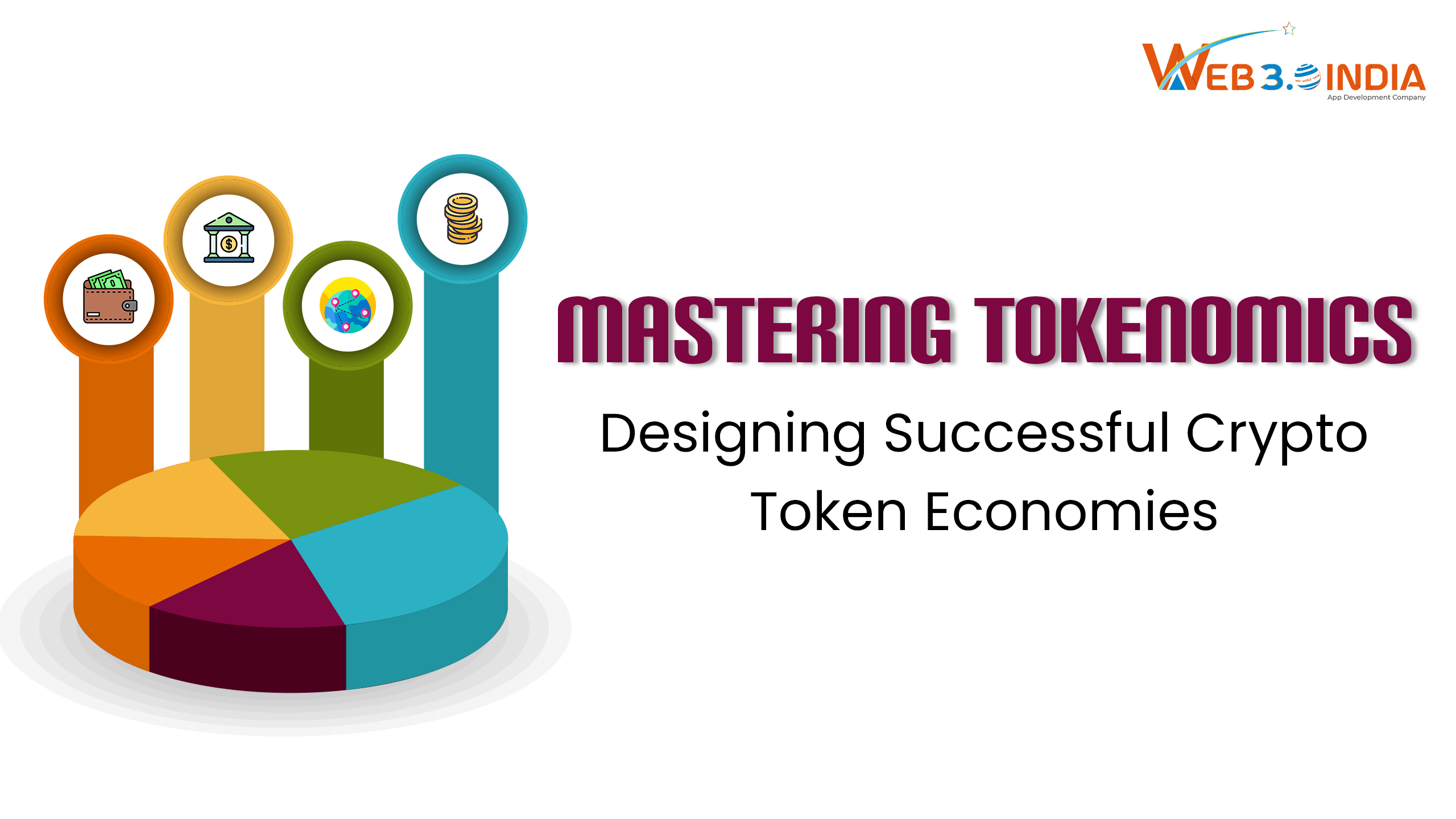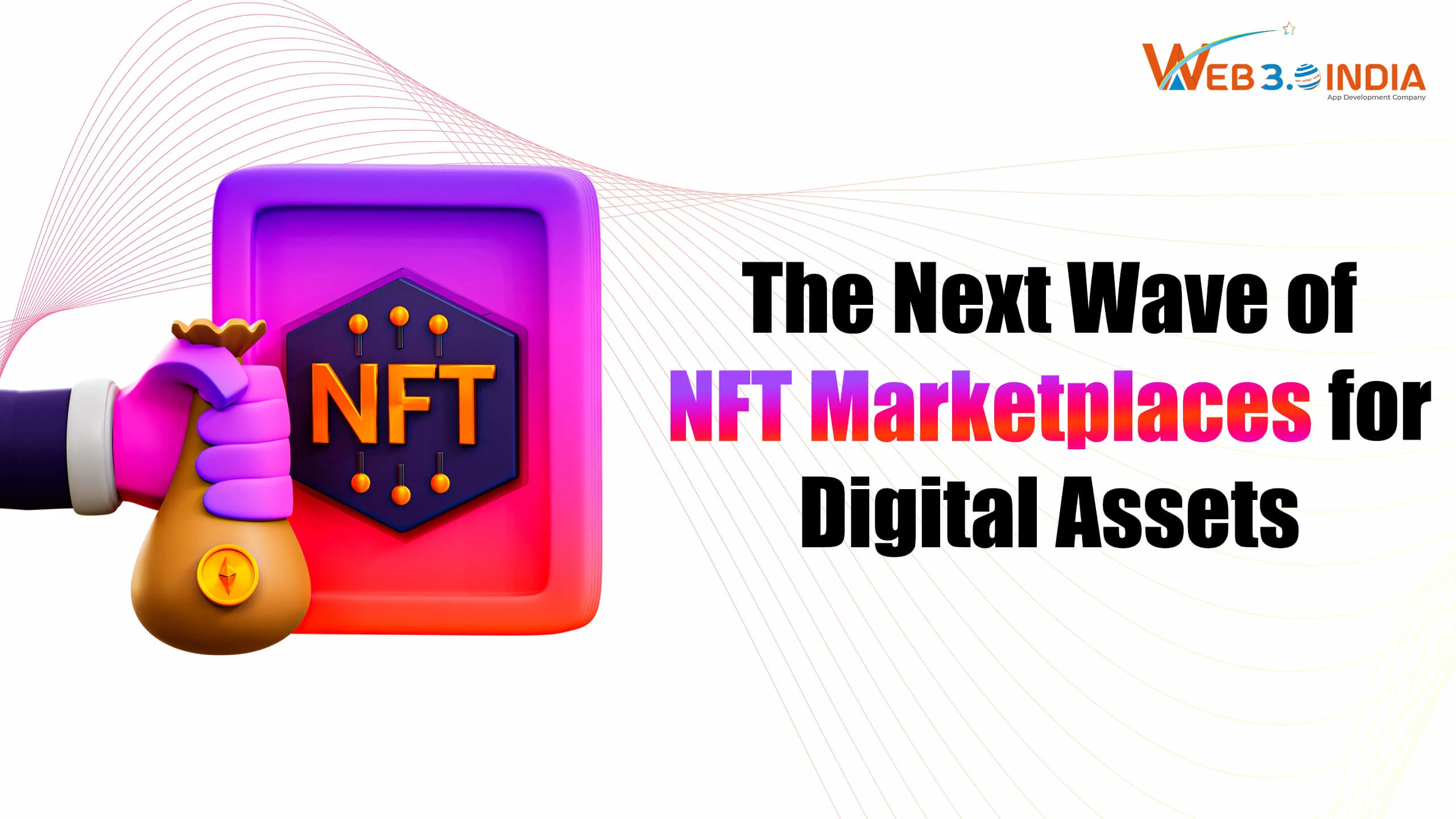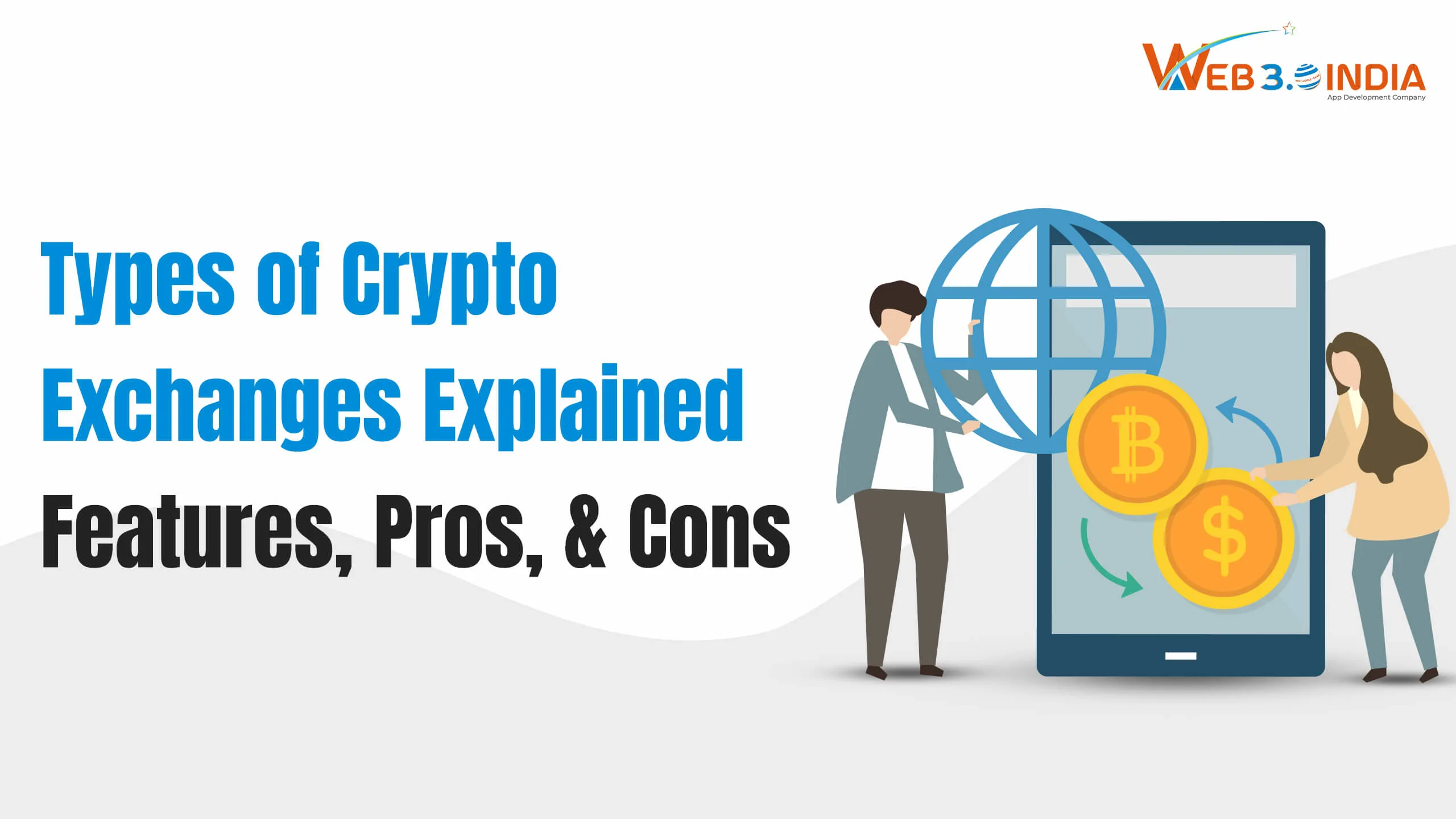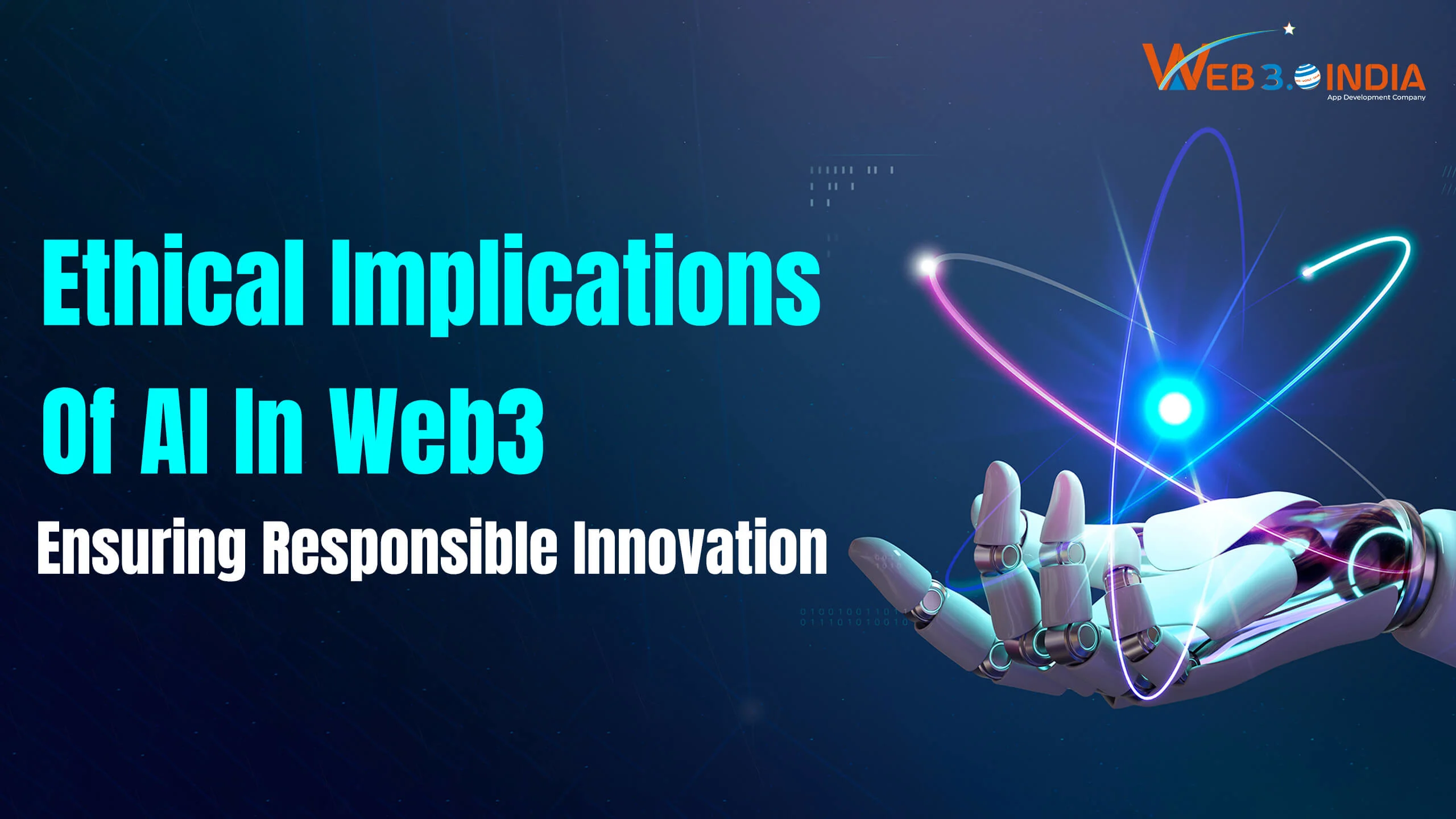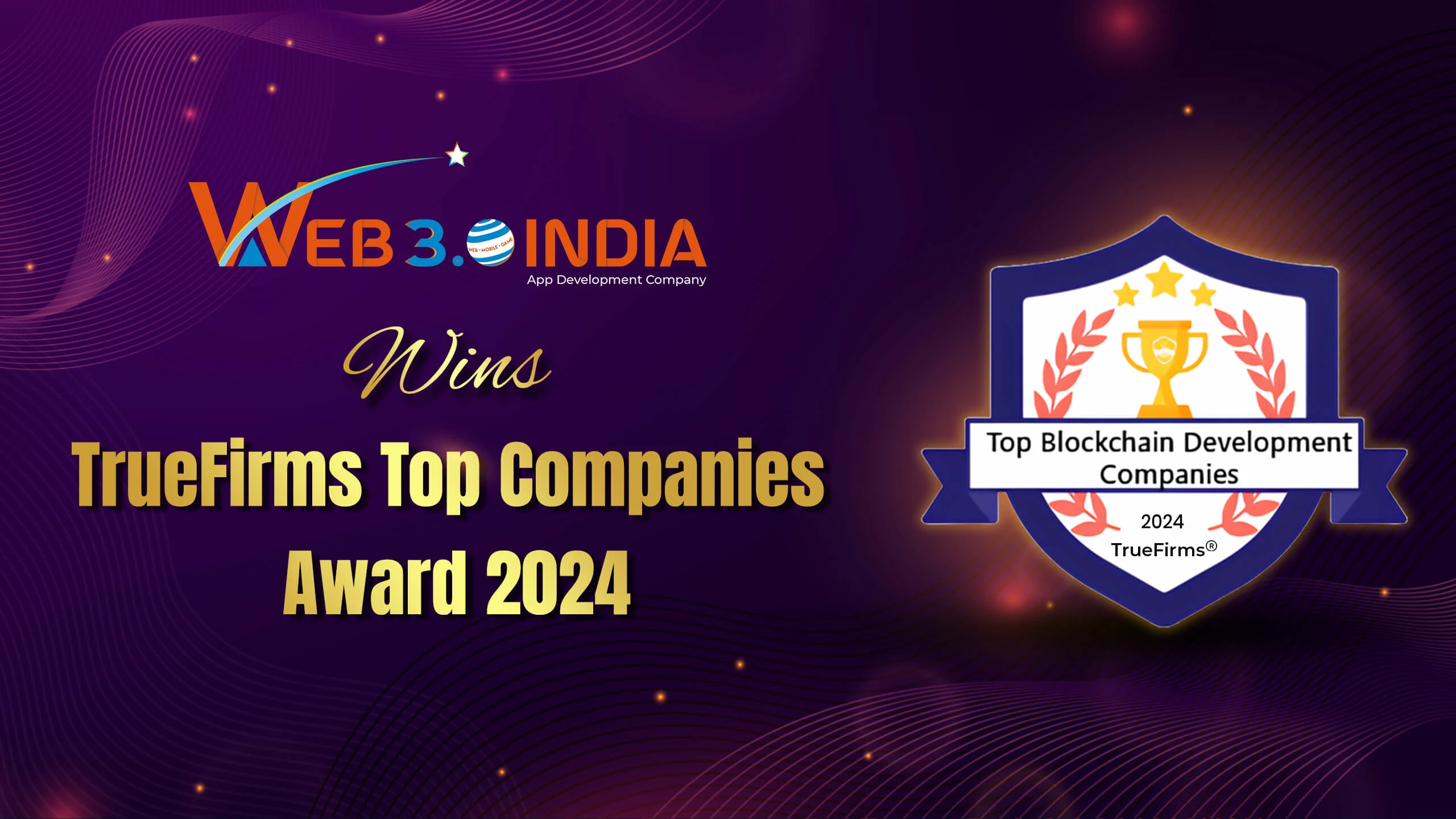Blockchain Development
AI Development
Mobile App Development
Game Development
Web Portal Development
2010
2025
Innovate and Thrive: Explore Our Groundbreaking Web3 Solutions
Plutope Wallet Development
- Plutope Decentralized Wallet offers unparalleled security and control for your digital assets.
- Our wallet is designed for ease of use and maximum protection, allowing you to manage, store, and transact cryptocurrencies without relying on centralized intermediaries.
- With full ownership of your private keys, robust encryption, and seamless integration with multiple blockchain networks, Plutope safeguards your crypto investments.
- Experience secure and private digital asset management with Plutope Decentralized Wallet.
Glorion
- Glorion is an AI-driven trading platform built on the Solana blockchain, combining innovation and community focus to enable seamless decentralized trading.
- It offers a comprehensive ecosystem with AI-powered tools like Swap, Wallet, and Exchange, ensuring precision, speed, and low fees.
- From token creation to secure AI-based transactions, Glorion simplifies the entire token lifecycle.
Episapient
- NFT Store and Marketplace
- Episap is a cutting-edge platform leading the digital revolution through web3 technology.
- It empowers users to mint and securely store their ideas on a decentralized blockchain.
- Episap fosters a vibrant community for networking, knowledge sharing, and support, where individuals can connect, learn, and grow.
- With real-time messaging through its chat module, Episap ensures seamless communication and collaboration for a dynamic user experience.
We Transform Your Ideas Efficiently, with Complete Transparency
Wallet Development
Our wallet development services provide secure, user-friendly solutions for managing digital assets. We build both hot and cold wallets that support various cryptocurrencies.
Multivendor E-commerce App Development
We build robust multivendor E-commerce apps that allow multiple sellers to showcase and sell their products with features like multi-payment gateways, real-time tracking, and seamless customer support.
NFT Marketplace Development
We specialize in creating decentralized NFT marketplaces, allowing users to trade, mint, and showcase their digital assets with ease.
Crypto Payment Aggregator Development
We offer crypto payment aggregator solutions that enable businesses to accept a wide range of cryptocurrencies.
Taxi/Truck Booking App Development
We develop custom taxi and truck booking apps designed to enhance user experience with real-time tracking, secure payments, and seamless booking options.
Exchange Development
Our exchange development services create secure, high-performance cryptocurrency exchanges. We design platforms that ensure seamless trading of digital currencies.
Food Delivery App Development
We create intuitive, user-friendly platforms for food ordering and delivery. Focusing on speed, secure payment systems, and real-time order tracking, ensuring a flawless experience.
Metaverse Development
Crafting immersive digital experiences that transcend reality, redefine interaction, and shape the future of digital spaces. Our expertise in metaverse development blends cutting-edge technology, interactive design, and user-focused innovation to create virtual worlds where possibilities are limitless.
Our Client Family
-
1200+
Projects
-
34+
Countries
-
200+
Experts
Industries We Serve

Healthcare

Real Estate

On-Demand

Edtech

Fintech

Startups

Manufacturing

